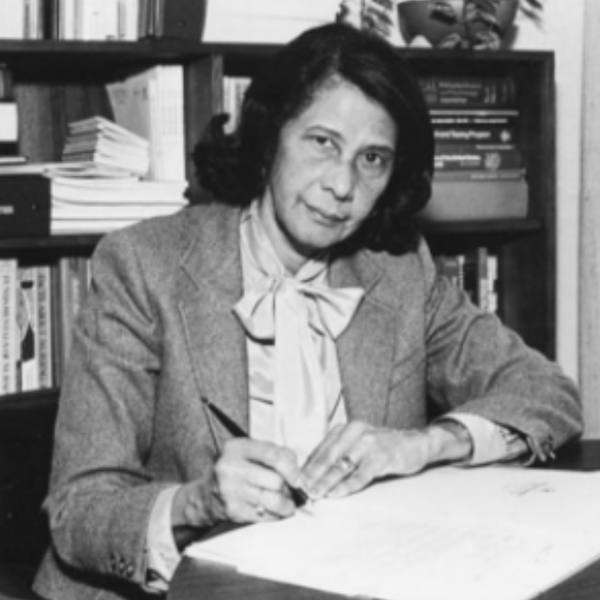By Lisa Nails and Leslie Pina | Patient Navigators
National Hispanic Heritage Month is observed from September 15 to October 15 by celebrating the histories, cultures, and contributions of American citizens whose ancestors came from Spain, Mexico, the Caribbean, and Central and South America.
The observation started in 1968 as Hispanic Heritage Week under President Lyndon Johnson and was expanded by President Ronald Reagan in 1988 to cover a 30-day period.
At first it may seem awkward this observation doesn’t follow a traditional calendar month but the dates make perfect sense! September 15 is set as the starting date for the month as it is important for many reasons. It is the independence anniversary for Latin American countries: El Salvador, Guatemala, Costa Rica, Nicaragua, and Honduras. From here onwards, the independence days of Mexico and Chile fall on September 16 and September 18, respectively. Dia de la Raza or Columbus Day also falls within this month on October 12.
NOAH is proud to recognize and celebrate the incredible contributions to medicine brought forth by Hispanic healthcare pioneers. Watch The Beat during Hispanic Heritage Month for weekly articles highlighting these stories.
Changing the Face of Nursing

“The Hispanic whirlwind” — that’s what Ildaura Murillo-Rohde was dubbed for her work as a powerhouse advocate, nurse, therapist, and educator.
Born to a family of health professionals in Panama, Murillo-Rohde studied nursing at the Medical and Surgical Hospital School of Nursing in San Antonio, Texas, where she was dismayed by how few Hispanic nurses were available to serve a large Hispanic population. After graduating in 1948, she went on to pursue several other degrees in education and psychiatric nursing, including a PhD from NYU in 1971.
Over her career, Murillo-Rohde wrote about a broad range of issues from single parenthood to same-sex couples. She also reached several professional heights, including becoming the first Hispanic Dean of Nursing at NYU.
One of her greatest achievements was creating the National Association of Hispanic Nurses (NAHN) in 1975. She felt strongly that the country needed an organization to attract Hispanic people to nursing as well as to support their unique concerns and those of the communities they served.
“I saw that I was the only Hispanic nurse who was going to Washington to work with the federal government, review research and education grants, etc.,” Murillo-Rohde later noted. “I looked behind me and thought: ‘Where are my people?’”
For her creation of NAHN and numerous other leadership roles, the American Academy of Nursing named Murillo-Rohde one of their Living Legends in 1994.









